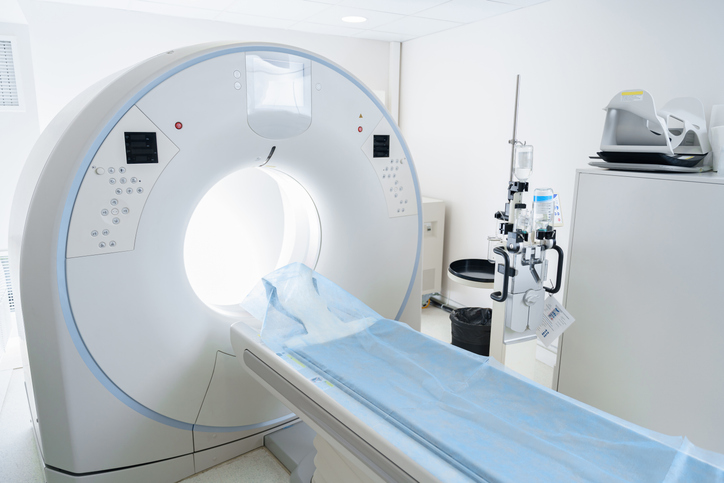
Pooled cohort equations (PCEs) can predict 10-year atherosclerotic cardiovascular disease risk (ASCVD) when events identified by the Centers for Medicare and Medicaid Services (CMS) were factored in, according to data published in a new analysis in JAMA Internal Medicine.
The researchers looked at a cohort 19,995 women and evaluated the predictive accuracy of PCEs in the Women’s Health Initiative, the effects of aspirin and statins, and also looked at additional ASCVD events reported to CMS. The authors defined atherosclerotic cardiovascular disease as myocardial infarction, stroke, or cardiovascular death for the study outcome. The median follow-up was 10 years.
https://twitter.com/ErinMichos/statuses/1021792065162760193
https://twitter.com/ErinMichos/statuses/1021790394412163074
According to the study data, a total of 1,236 atherosclerotic cardiovascular disease events occurred over 10 years. Women’s Health Initiative-adjudicated observed risks were lower than predicted, with small changes after adjusting for statin and aspirin use. In Medicare patients over 65 years of age, Women’s Health Initiative-adjudicated risks were lower than predicted but were more closely aligned with observed risk when events ascertained by CMS were included. These results were also seen across racial and ethnic groups.
https://twitter.com/kewatson/statuses/1021767104633204736
observed risks in the WHI were lower than predicted by PCE as noted in several other US cohorts, but risks were better aligned after including CMS events. https://t.co/iKkMe8gpMl
— @investigando (@rocatanho) July 24, 2018
DocWire News has previously written about cardiovascular issues facing women, such as preeclampsia and increased risk, as well as other topics such as marital status and cardiovascular risk.
Were the ASCVD PCEs right all along? The original concerns about the ASCVD PCE's accuracy came from 3 studies that used patient event reporting. Now, that finding almost disappears after looking for events more thoroughly. Whoah. https://t.co/IDl4i2gnQC
— Jeremy Sussman (@JeremySussman) July 23, 2018
Re-evaluation of the PCE miscalibration issue in @JAMAInternalMed shows that after accounting for events from administrative data from CMS, calibration in Women's Health Initiative isn't so bad.https://t.co/mu5MuQmktD@skathire @khurramn1 @JeremySussman @ProfHayward
— Venk Murthy MD PhD (@venkmurthy) July 23, 2018
Another point against HIPAA. "Post-HIPAA, hospitals and institutions have many deterrents to providing medical records to research studies (eg, fear of litigation, extra labor involved for retrieval of medical records, greater number of research studies)." https://t.co/mN2POoIJJK
— Jeff Wessler, MD (@jwessler) July 23, 2018
Source: JAMA Internal Medicine







 © 2025 Mashup Media, LLC, a Formedics Property. All Rights Reserved.
© 2025 Mashup Media, LLC, a Formedics Property. All Rights Reserved.